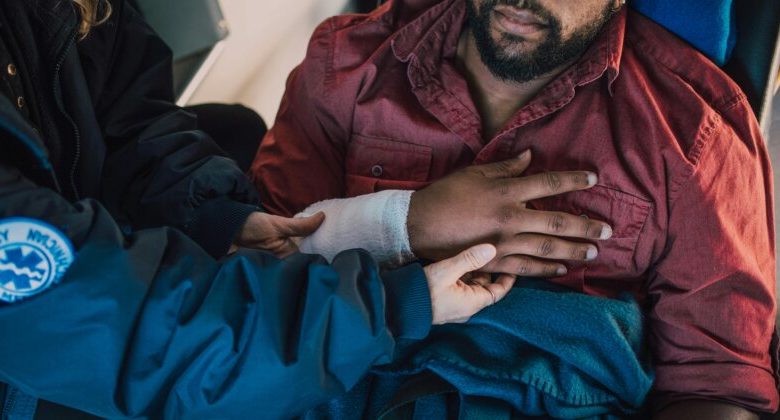Tips for Managing Personal Finances in the Wake of an Injury

An injury can throw your life’s balance into disarray, disrupting not just your physical health but your financial life as well. If health is wealth, injury is wealth-draining, putting personal injury victims in a dire struggle to manage bills, medical expenses, and lost income after an accident. Only a handful of people have a backup financial plan for eventualities like injuries; most are left reeling from the consequences of their physical suffering. The good thing is that there are still steps you can take to manage your finances in times of significant injury. Here, we’ll explore tips on how you can regain control over your financial situation while you recover.
Assess Your Financial Situation Immediately
After you have prioritized your medical treatment and regained your health, you can shift your focus to understanding where you currently stand financially. Gather all financial documents, including bank statements, pay stubs, and medical bills, and create a comprehensive overview of your financial status. List your monthly income sources, such as disability benefits, savings, and any potential insurance payouts. Don’t leave out all monthly expenses, both fixed and variable, and any medical bills or new costs related to your injury, as these help determine the money you have available. This assessment gives a realistic and objective picture of what’s coming in versus what’s going out, so you can begin to prioritize and make decisions accordingly.
Prioritize Expenses
With a clear assessment of your financial situation, it’s vital to pay attention to the available funds you have to work with. You may be barely staying afloat with limited income or temporary disability benefits, so it’s important to categorize your expenses. Prioritize setting aside funds for essential expenses like rent or mortgage, groceries, utilities, and insurance premiums. You may need to cut back, temporarily leave out, or eliminate non-essential expenses like dining out, subscriptions, shopping, and entertainment. If possible, set up automatic payments for essential bills to avoid late fees and additional stress.
Seek Legal Support
If you’re wondering how a lawyer’s legal support can help with your finances post-injury, their legal guidance and representation can help you file a successful claim regarding your injury. Their professional expertise can be crucial in securing a lawfully deserved compensation and financial support needed to alleviate the burden of medical expenses and lost income. Consulting resources on the importance of legal support by Matthew Trapani and other reputable personal injury attorneys in your area can help you realize the importance of legal assistance. With a seasoned attorney helping you navigate insurance claims and negotiate settlements, you have the assurance that you will receive the proper compensation for your damages. Many lawyers are offering a contingency-based fee structure, meaning you don’t have to pay immediately, as the payment is collected as a percentage of the successful claim. That means no additional financial stress for you, and you can focus primarily on recovery.
Communicate With Creditors and Service Providers
If your post-personal injury finances leave you struggling to pay certain bills on time, don’t ignore the problem—call your creditors. Don’t force the issue and make unwise compromises; contacting and updating your lender or service providers about your situation shows your commitment to staying updated with your payments. Many lenders and utility companies offer hardship programs, deferred payments, or reduced interest rates for individuals dealing with unexpected injuries or life events. By being open and honest about your situation and proactively working on recovery and resolution, you are more likely to be granted temporary relief.
Look Into Financial Assistance and Benefits
There will be times when what’s left of your budgeted money is not enough to cover unexpected expenses or costs, so you’ll need to explore financial assistance programs. Many organizations and government programs provide financial assistance tailored for individuals dealing with injuries of various natures. You may qualify for disability benefits through your employer or the government. If the injury occurred at work, you may also qualify for workers’ compensation. Research and reach out to local community resources that may offer support for medical bills, housing costs, or transportation expenses for medical appointments. Various nonprofits may offer financial aid or grants to help alleviate the burden during recovery. Note that applying for financial assistance and benefits takes time and paperwork, so start early and stay persistent. If you have questions, confusion, or uncertainty, don’t hesitate to ask a social worker or legal advisor to give you clarification and help you negotiate the process.
Your finances may be in shambles after an injury, but you can put the pieces back together to weather the storm. Honestly and objectively assess your financial circumstances, prioritize your spending, seek assistance when needed, and lean on professionals for guidance. With the right strategies and support, your recovery and financial security can be rebuilt. Taking care of your health is the top priority, and taking care of your finances should come in close second.




